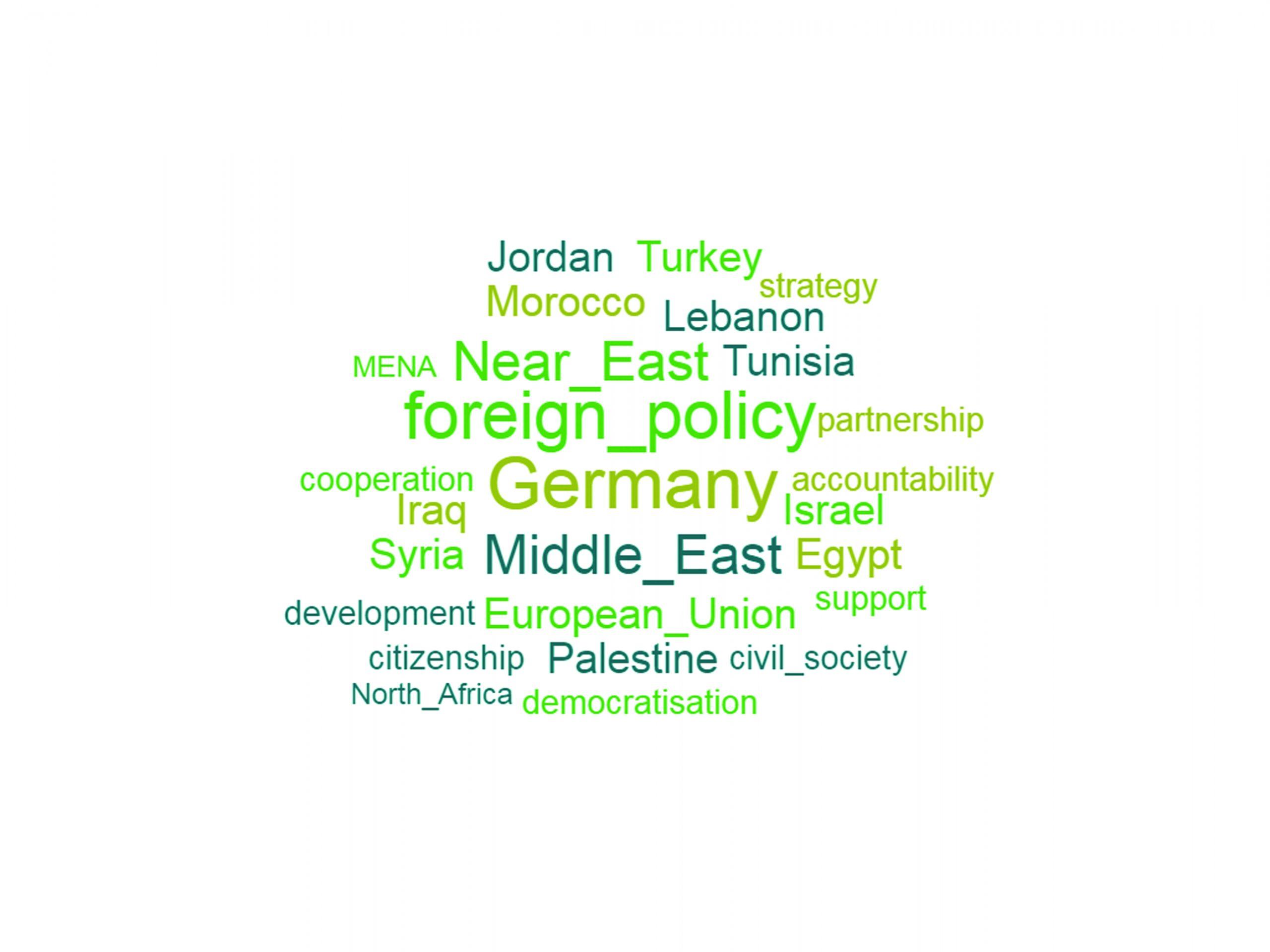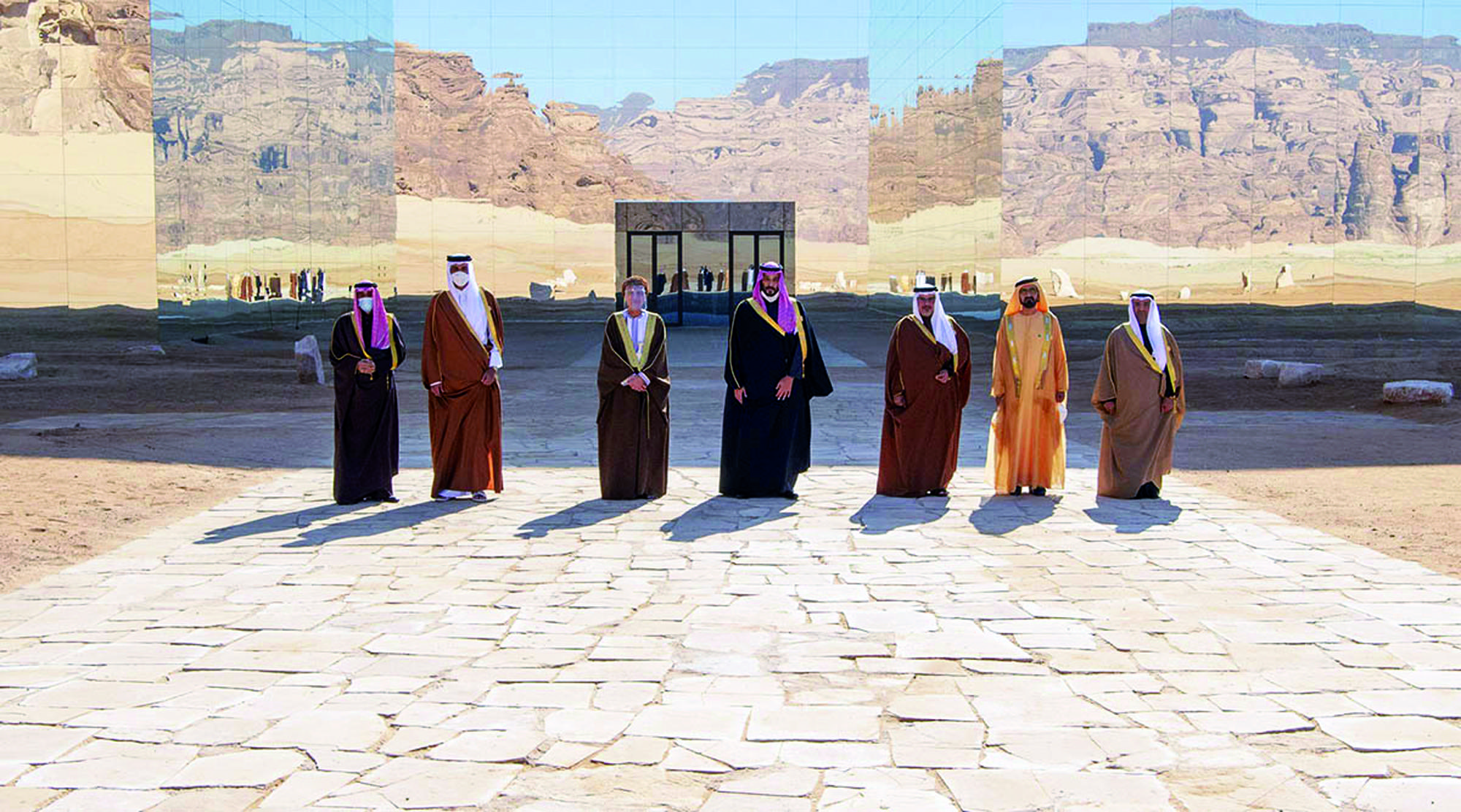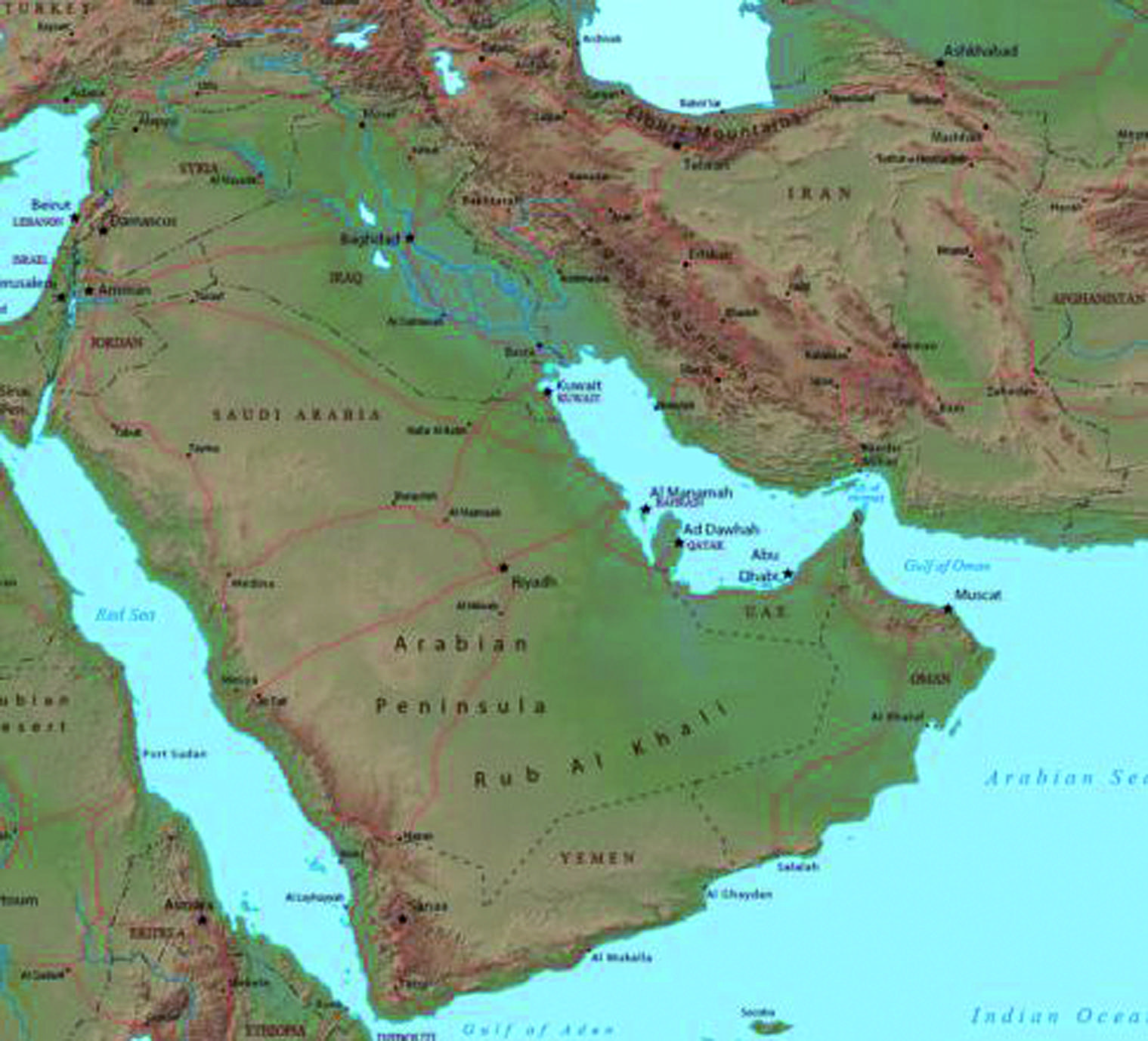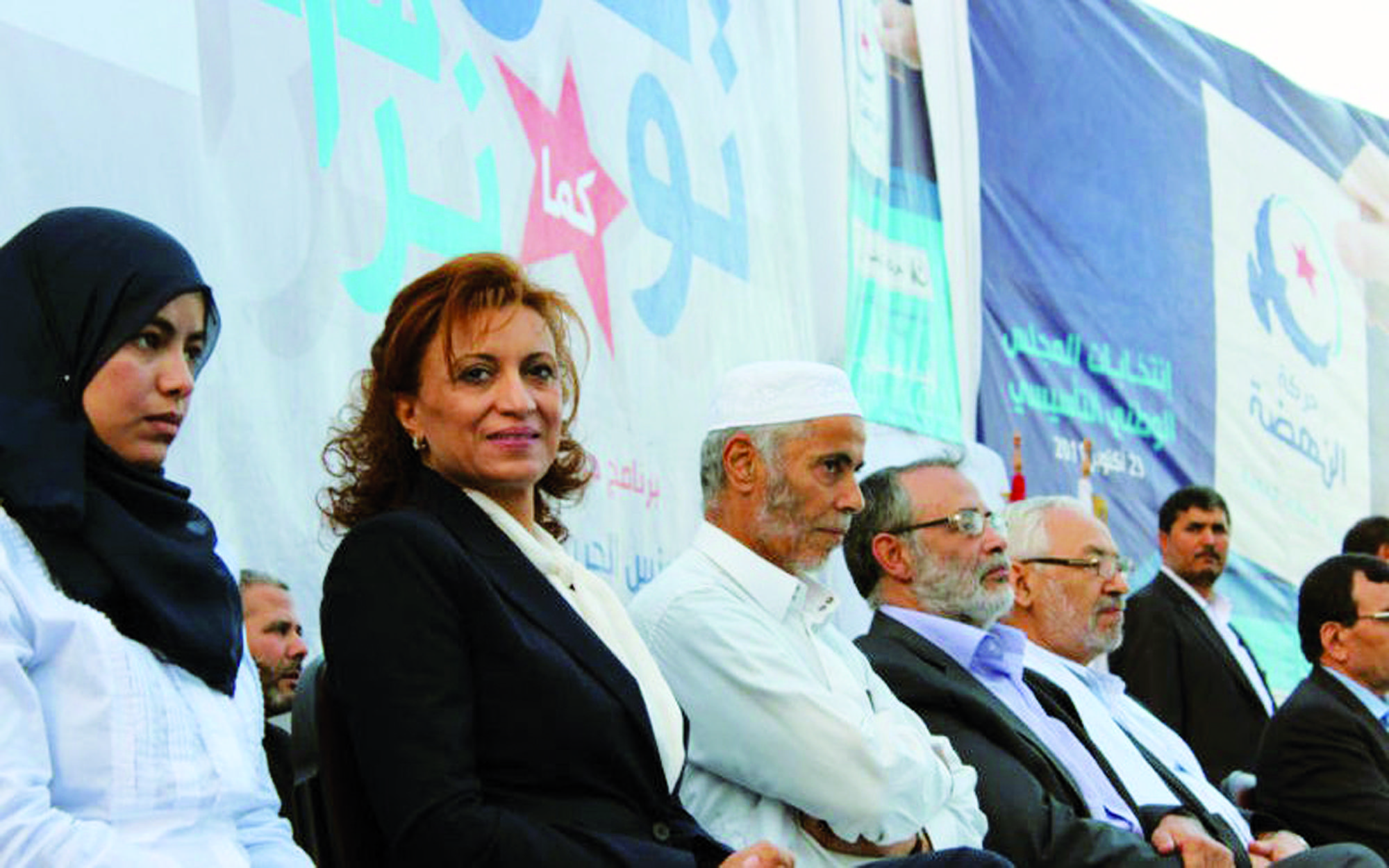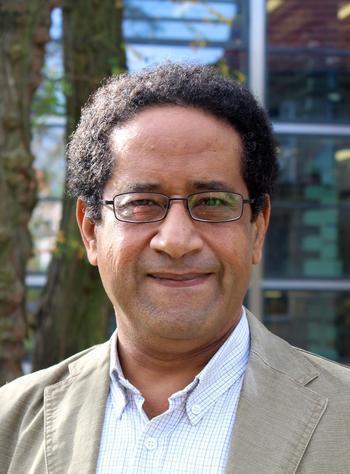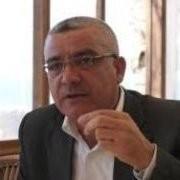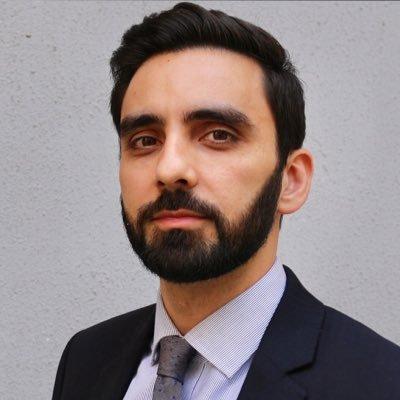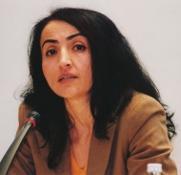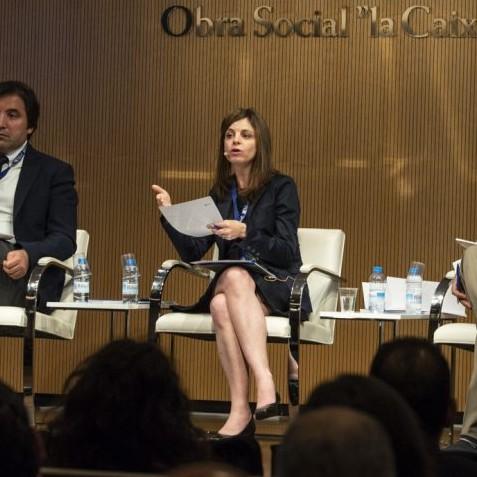ORIENT III 2018: Regional perspectives on German Near and Middle East policy
Purchase the full issue here:
26,00 € incl. VAT plus Shipping CostsSelect options This product has multiple variants. The options may be chosen on the product page
Editorial
Dear ORIENT readers,
Germany enjoys an excellent reputation as one of the leading economic powers in the world. Because of her leadership trustworthiness in this field, many countries of the Middle East would like Germany to also play a greater political role. But why is Germany still not pulling her weight in the political arena?
The new German government finds itself in a difficult position. Many global actors and organisations favour if not expect a more proactive role in a multitude of settings and issues. At the same time, Germany has in recent years often referred to a new sense of responsibility for global matters. Her reelection as a non-permanent member of the UN Security Council will challenge her role in international politics – and particularly her engagement in crisis management.
Which aspects and measures of German foreign policy in the region can serve as best practice and where do adjustments appear necessary? How exactly could Germany engage more actively with the region? Which issues should be prioritised and where do conflicting goals seem inevitable?
After a brief introduction into the topic by the editors, Dr Ahmed Badawi takes a close look at Germany’s foreign policy towards Egypt. Afterwards, Prof Alexander Bürgin sheds light on relations with Turkey, before Omar Shaban delves into Berlin’s role in the IsraelPalestinian conflict. Ali Al-Mawlawi subsequently focuses on the Iraqi view on German foreign policy, while Dr Gülistan Gürbey highlights the Kurdish view. Rounding off this issue, Dr Sarah Anne Rennick analyses the new developments in the region’s civil society and how external support can play a crucial role.
In this issue of the ORIENT we aim to provide perspectives on the expectations and opportunities for German foreign policy in the Near and Middle East.
Dr. Gunter Mulack
Director of the German Orient-Institute


